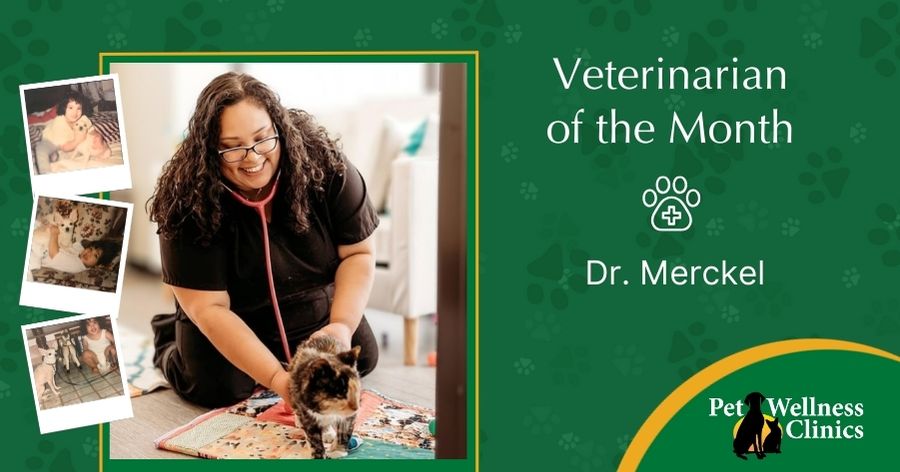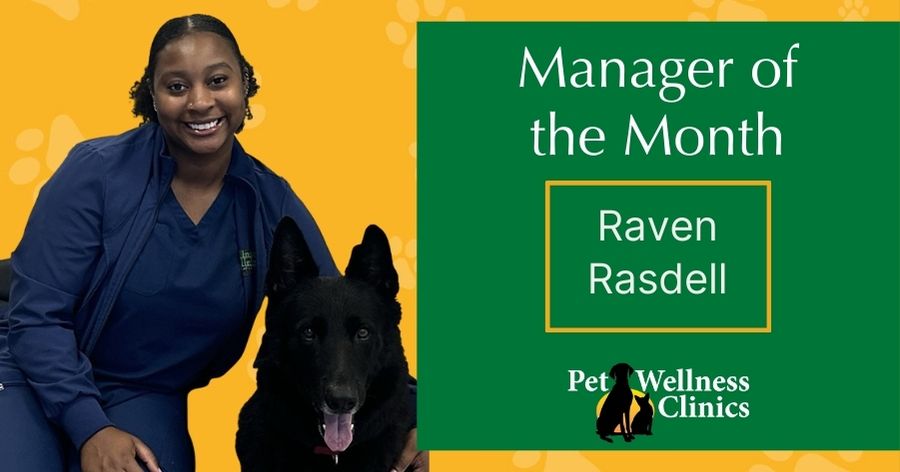There’s nothing quite like snuggling up with your pet at the end of a long day. Spending time in close proximity to your animal can lower your stress levels, helping both your mind and body to relax. However, if your pet is one of the many that suffer from persistently bad breath, then close-range bonding may not be such a pleasant experience! While bad breath might not seem like a huge deal, it could be a sign of a bigger problem.
Bad breath is characterized by a foul odor emanating from your pet’s mouth. However, the cause of that smell could be a variety of health problems.
The most common cause of bad breath in pets are dental or gum problems. In fact, periodontal disease is one of the leading health problems seen in cats and dogs today. It occurs when plaque builds up on the teeth and begins to penetrate below the gum line, causing symptoms including irritation, swelling, bleeding and bad breath.
The foul smell is actually caused by the accumulation of bacteria and infections that take hold in the gum tissue. When left untreated, periodontal disease can actually lead to serious health complications, including infections that spread from the mouth to major organs.
One of the best ways to prevent bad breath caused by periodontal disease and other dental problems is to take good care of your pet’s teeth by brushing them regularly using a veterinary-approved toothpaste, and ensuring that you take your pet for routine check-ups with your vet.
If you notice that your pet’s breath has changed or smells pungently sweet, then she could have diabetes. Many people are surprised to learn that household pets can suffer from diabetes. Diabetes is a condition that is characterized either by the body’s inability to make its own insulin, or by its inability to use the insulin effectively, in which case the animal cannot regulate its own blood sugar levels.
You can help minimize the risk of your animal developing diabetes by ensuring that you feed her a healthy, nutritious diet, giving her plenty of exercise, and helping her to maintain a healthy weight.
Animals, and particularly puppies, are well known for their lack of fussiness, when it comes to what they will put in their mouths. Unfortunately, it is not uncommon for pets to eat non-food items including bones, rotting food, other long-dead animals and even feces.
If your animal has a temporary bout of bad breath, a single rotten meal could be to blame. Help eliminate this problem by keeping a close eye on what your pet has access to, and discouraging him if he puts his nose or mouth somewhere undesirable.
The kidneys play an important role in health and well-being. Their main function is to sort non-recyclable waste from recyclable waste in our bodies, while also keeping our blood clean.
They then make urine from this waste, which we pass out of our body through the urethra. When this process doesn’t work as effectively as it should, it is known as kidney disease. Pets suffering from kidney disease often have an ammonia smell to their breath.
If you are concerned that your pet may be suffering from kidney problems, you should seek the advice at the Noblesville Pet Wellness Clinic immediately.
Although relatively rare, oral tumors can cause your pet to have pungent breath. This is because most oral tumors grow too quickly for the blood supply to keep up, so areas of the tumor quickly die and become rife with bacteria – which causes the foul smell.
Oral tumors can be difficult to identify without professional assistance, so if you believe your animal may be affected, you should make an appointment with your vet as soon as possible.
There are many reasons why an animal may have bad breath, and the list above represents just some of the most common causes. If your pet has a persistently foul odor coming from their mouth, you should always schedule an examination with the veterinarians at Pet Wellness Clinics to determine the reason. Call us today.


